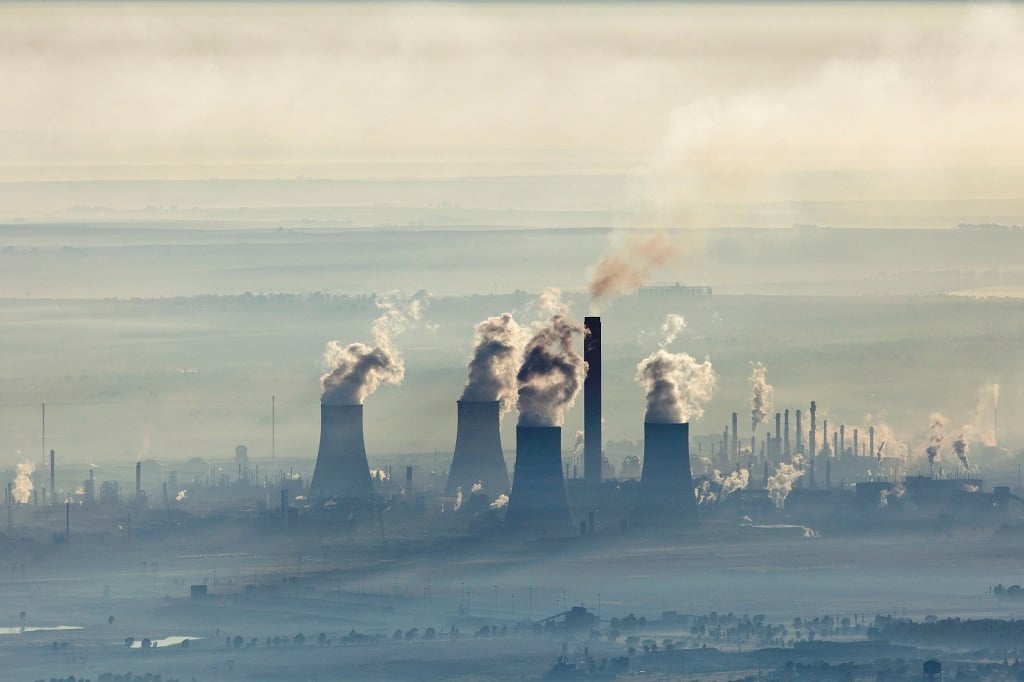
More than 100 of Allan Gray's clients want the asset manager to set up a fossil-fuel free fund.
This is according to a letter submitted to Allan Gray, by the nonprofit organisation Fossil Free South Africa, which campaigns for the divestment of fossil fuels.
David le Page, who co-founded Fossil Free South Africa, said that at least 111 of Allan Gray's clients are demanding a fossil-fuel free fund.
Fossil Free South Africa has been collecting signatures from clients at some of the biggest asset managers in the country. After reaching the 90-signature threshold, the nonprofit will hand over the petition and letter to the relevant asset manager.
"For years, asset managers like Allan Gray told us that their clients are not interested in fossil fuel-free funds. The rising numbers of signatories to our campaigns are proving these asset managers wrong," said Le Page.
Allan Gray confirmed that it received the letter from Fossil Free South Africa, and had interacted with the organisation on previously. Allan Gray said that it supported the global transition to a "more environmentally sustainable society" and recognised its role in being part of the solution.
"As recent events have shown, the energy transition is complex and path-dependent, and the way forward involves difficult tradeoffs. We do not believe the establishment of a fossil fuel-free fund, nor divestment, is the answer. We believe that the best approach is to use our active investment strategy to tackle climate change," Allan Gray added.
Instead, Allan Gray opts to engage with management and boards of its investee companies to highlight climate risks. "... [We] use our influence to push for positive change and to encourage better environmental decisions and disclosure," it said.
The asset manager's climate policy statement highlights its role in applying pressure on companies that are "heavily reliant" on fossil fuels to consider reducing their greenhouse gas emissions, and make their progress available to shareholders and the public through reports.
"We actively encourage companies to invest in renewable power and move away from fossil fuel-based electricity sources. We also engage with the banks on fossil fuel financing and disclosure," the policy statement read.
Allan Gray is of the view that encouraging a listed company to divest from fossil fuels, like coal, would not solve the problem but possibly just shift it to another listed company. "In fact, a responsible, listed company selling dirty assets to an irresponsible, unlisted company may make the situation worse. This is different to putting new capital into the fossil fuel sector. We will not invest in coal or oil initial public offerings, as these add capital to the sector," the policy statement read.
Climate crisis
Le Page highlighted that there is a broad understanding among the public, who hold investments, that fossil fuel companies are the "principal cause" of the climate emergency, and that governments are not addressing it fast or "aggressively" enough.
Fossil fuels contribute to the climate crisis through the emissions released into the atmosphere when burned. According to the Paris Agreement of 2015, over 190 countries committed to limiting global warming to 1.5 degrees Celsius.
Breaching the target would result in more severe and frequent extreme weather events, such as the devastating flooding in KwaZulu-Natal earlier this year. Phasing out fossil fuels is crucial to limiting warming and maintaining climate commitments.
Although parties at COP27, held recently in Sharm el-Sheikh, Egypt – reaffirmed their commitment to the 1.5 degrees Celsius target, there was no firm decision to phase out fossil fuels which cause climate change.
"People want investments that reflect the future they want, not a future of accelerating climate chaos," said Le Page. While divesting from fossil fuels is not a silver bullet solution to climate change, it is important to stave off "unmanageable" climate impacts, he explained.
Fossil Free South Africa recently succeeded in getting the University of Cape Town to make a decision to divest from fossil fuels and instead back renewable energy and green economy investments. That was the result of close to a decade of campaigning along with other environmental organisations, such as the UCT Green Campus Initiative.
The Clean Creatives SA campaign, which is part of Fossil Free South Africa, also encourages public relations firms and other media companies not to do business with the fossil fuel industry.
Their work is part of a global divestment movement which has managed to get institutions like Oxford, Cambridge, Yale and Harvard to stop investments in fossil fuels.

